50 Really Bad Amendments
Despite misinformation to the contrary, the negotiations regarding the proposed amendments to the IHR are about to begin this week (February 20-24, 2023). The WGIHR soap opera is about to begin!
Working Group for amendments to the International Health Regulations (WGIHR)
Please watch the video below…
https://odysee.com/@DaisyPapp:a/Warning!-James-Roguski720pHD:d
The Age of Deception is Upon Us
If you have heard that the amendments to the International Health Regulations have been “defeated” and that all you have to worry about is the proposed “Pandemic Treaty,” or if you have heard that some legislators have submitted legislation designed to stop “The Treaty” or “Defund the WHO,” I trust that you heeded my warning and have NOT fallen for the decoys:
NO DECISIONS HAVE BEEN MADE.
Season 1 of the WGIHR soap opera is about to begin!
The Working Group that is considering amendments to the International Health Regulations (WGIHR) will be meeting February 20-24, 2023. The meetings are set to be live-streamed and recorded. (Until they decide to turn off the cameras!)
Click on the link below to view the live-stream and/or the recordings of the WGIHR meetings.
https://apps.who.int/gb/wgihr/e/e_wgihr-2.html
Please realize that the meetings are in Geneva, so they begin around midnight Pacific time or 3am Eastern. I suggest watching the recordings whenever it may be convenient.
For the most part, these meetings are going to be boring as hell, except for the few statements that will absolutely explode across the internet!
I will be watching the meetings and summarizing them so that you don’t have to, but you really should watch them if you can.
Stay tuned.
I have been sounding the alarm about this for nearly a year. Now is NOT the time to claim victory or be distracted.
NOW IS THE TIME TO TAKE MASSIVE WORLDWIDE ACTION:
StopTheGlobalAgenda.com
AUTHOR’S OPINIONS:
There is a possibility that the Working Group for amendments to the International Health Regulations (WGIHR) will transition from merely compiling proposals to the “negotiating phase.”
If they decide to actually begin negotiations, they are likely to do so in secret.
Many of the proposed amendments are absolutely absurd. There is a possibility that the inclusion of these obviously absurd proposed amendments were only submitted so that they could subsequently be withdrawn as part of the “negotiations,” leaving behind the proposed amendments that were what was actually planned all along.
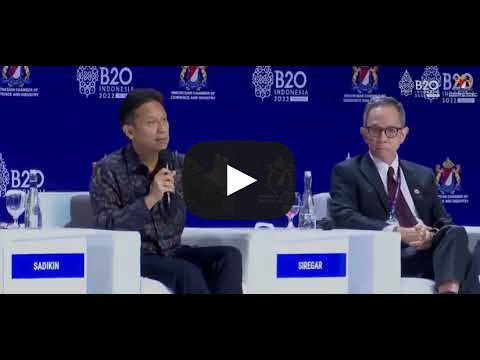
I believe that the purpose of these meetings is ultimately designed to institute a Global Digital Health Certificate. For details regarding that, please visit…
RejectDigitalEnslavement.com
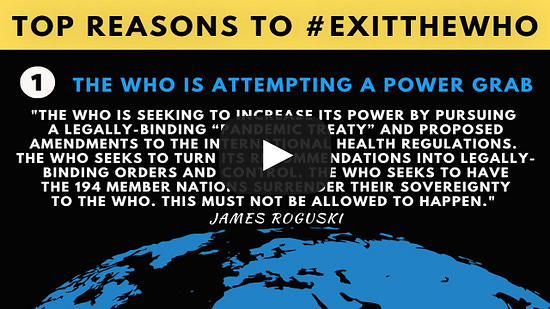
The proposed amendments to the International Health Regulations are NOT universally accepted by the 194 member nations. In fact, there appears to be quite a lot of disagreement among the member nations as well as friction between the member nations and the technical recommendations in the Final Report of the International Health Regulations Review Committee (IHRRC).
I have detailed 50 of the worst proposed amendments below and organized them by nation so that you can clearly see which amendments were submitted by each nation or group of nations.
The Article and page references in the text below refer to this official World Health Organization document:
https://apps.who.int/gb/wgihr/pdf_files/wgihr2/A_WGIHR2_6-en.pdf
A Nation-By-Nation Review of the Proposed Amendments to the International Health Regulations
The nations (or groups of nations) listed below have proposed amendments that would…
Remove the requirement to implement the IHR with “full respect for dignity, human rights and fundamental freedoms of persons.”
India
Surrender sovereignty to the World Health Organization:
Bangladesh
The Nations of the African Region
Malaysia
United States
Restrict people’s freedom to travel by requiring some form of Global Digital ID:
Armenia
The European Union
India
Indonesia
Russia
Uruguay (on behalf of Argentina, Paraguay and Brazil)
Give the World Health Organization control over the means of production for the Pharmaceutical Hospital Emergency Industrial Complex:
Bangladesh
The Nations of the African Region
Malaysia
Expand the scope of the IHR by enabling the Director-General and Regional Directors to declare Intermediate Health Alerts, Public Health Emergencies of Regional Concern (PHERC) and Public Health Emergencies of International Concern on their sole authority if they determine that events merely have the “potential” to cause an actual emergency.
The European Union
India
New Zealand
Switzerland
United States
Authorize the World Health Organization to interfere in the crafting of legislation within sovereign nations:
Bangladesh (page 14)
Authorize the WHO to censor information:
India
Russia
List of organizations that have been invited to participate:
| ||
YOU ARE NOT CONSIDERED TO BE A “RELEVANT STAKEHOLDER.”
YOU are only invited to watch the delegates speaking on your behalf without your consent.
Click on the link below to view recordings of the WGIHR meetings.
https://apps.who.int/gb/wgihr/e/e_wgihr-2.html
NATION BY NATION DETAILS
The International Health Regulations Review Committee (IHRRC) extracted the substantial sections of the amendments proposed by the nations (and groups of nations) listed below and compiled them into one document. However, when they did so, they did NOT specify which nation submitted which proposals, so much nuance was lost.
In this article, I seek to alert the world to the details regarding which nation(s) have submitted which proposed amendments.
The Article and page references in the text below refer to this official World Health Organization Document:
https://apps.who.int/gb/wgihr/pdf_files/wgihr2/A_WGIHR2_6-en.pdf
Armenia
1. DIGITAL ID SYSTEM (page 5)
I OPPOSE Armenia’s suggestion to create an electronic digital centralized system for the comprehensive data collection of information regarding “cases” and their “contacts,” and vaccination status.
This proposed amendment would be a clear violation of people’s unalienable right to privacy, potentially discriminatory based on people’s unalienable right of religious freedom and clearly in violation of people’s unalienable right to travel freely upon the Earth.
This proposed amendment is absolutely unacceptable.
Bangladesh
2. RECOMMENDATIONS MADE BINDING (Article 1 - page 12)
I OPPOSE Bangladesh’s proposed amendment to Article 1 which would seek to alter the definitions of the terms “standing recommendation” and “temporary recommendation” by removing the phrase “non-binding” from each term.
This is an absolutely absurd and shameful attempt to alter the meaning of a basic concept and would fundamentally alter the nature of the International Health Regulations as well as the scope and purpose of the World Health Organization. This proposed amendment must immediately be removed from consideration.
This proposed amendment is absolutely unacceptable.
3. CENTRALIZED CONTROL (Article 13A - page 12)
I OPPOSE Bangladesh’s claim in their proposed New Article 13A that the World Health Organization should be viewed “as the guidance and coordinating authority of international public health response during Public Health Emergency of International Concern (PHEIC).”
No such authority shall ever be given to the WHO insofar as it would directly conflict with the sovereign authority of the 194 member nations and the fundamental freedoms of all people.
This proposed amendment is absolutely unacceptable.
4. ALLOCATION PLAN (Article 13A(2) - page 13)
I OPPOSE Bangladesh’s proposal in New Article 13A(2) that the World Health Organization “shall develop an allocation plan for health products.”
At no time should any organization be placed in control of the means of production of health products.
This proposed amendment is absolutely unacceptable.
5. ALLOCATION PLAN (Article 13A(3) - page 13)
I OPPOSE Bangladesh’s proposal in New Article 13A(3) that the World Health Organization “should identify and prioritize the recipients of health products… and determine the required quantity of health care products for effective distribution to the recipients.”
At no time should any organization be placed in control of the means of production of health products.
This proposed amendment is absolutely unacceptable.
6. ALLOCATION PLAN (Article 13A(5) - page 13)
I OPPOSE Bangladesh’s proposal in New Article 13A(5) that member nations “shall ensure the manufacturers within their territory supply the requested quantity of the health products to [the] WHO or other [member nations] as directed by [the] WHO in a timely manner to ensure effective implementation of [the WHO] allocation plan.”
Putting the WHO in charge of the means of production is absolutely absurd.
This proposed amendment is absolutely unacceptable.
7. LOSS OF SOVEREIGNTY (Article 44(1) - page 13)
I OPPOSE Bangladesh’s proposed amendment to Article 44(1) to change the nature of collaboration and assistance among member nations from voluntary to mandatory.
Article 44: Collaboration and assistance
1. States Parties with assistance from WHO shall collaborate with and assist each other.
This proposed amendment is absolutely unacceptable.
8. INTERFERENCE IN LAWMAKING (Article 44(1d) - page 14)
I OPPOSE Bangladesh’s proposed amendment to Article 44(1d) which seeks to mandate member nations and the WHO to become involved in “the formulation of proposed laws and other legal and administrative provisions for the implementation of these regulations.”
Each sovereign nation must be responsible for crafting their own laws and regulations as guided by the people of that nation, not by other nations or by the WHO.
This proposed amendment is absolutely unacceptable.
9. LOSS OF SOVEREIGNTY (Annex 1 New 1 bis - page 15)
I OPPOSE Bangladesh’s proposed amendment to Annex 1 New 1 bis. which would mandate that “Developed Country States Parties shall provide financial and technological assistance to the Developing Countries States Parties in order to ensure state-of-the-art facilities in developing country States Parties.”
This proposed amendment is absolutely unacceptable.
Brazil
10. PHEIC DECISION INSTRUMENT (Annex 2 - pages 19-20)
I OPPOSE Brazil’s proposed amendment to Annex 2 in its entirety. Brazil’s proposal to completely change the method by which events would be evaluated in order to determine whether or not they constitute a Public Health Emergency of International Concern is completely and totally without merit, data and scientific backing.
This proposed amendment is absolutely unacceptable.
Czech Republic
On behalf of the 27 member states of the European Union:
Austria, Belgium, Bulgaria, Croatia, Republic of Cyprus, Czech Republic, Denmark, Estonia, Finland, France, Germany, Greece, Hungary, Ireland, Italy, Latvia, Lithuania, Luxembourg, Malta, Netherlands, Poland, Portugal, Romania, Slovakia, Slovenia, Spain and Sweden.
11. MICROBIAL AND GENETIC MATERIAL (Article 7(2) - page 28)
I OPPOSE the European Union’s proposed amendment to Article 7(2) which seeks to require sovereign nations to “make available to WHO the microbial and genetic material and samples related to the notified event.”
This proposed amendment is absolutely unacceptable.
12. RPHEIC and IHEIC (Article 12 - page 28)
I OPPOSE the European Union’s proposed amendment to Article 12 which states that “The Director-General [of the WHO] may determine that an event constitutes a Regional Public Health Emergency of International Concern (RPHEIC) or an Intermediate Health Emergency of International Concern (IHEIC).”
These terms are not defined and giving one man the power to declare an international or regional emergency without restriction is clearly yet another step towards totalitarian dictatorship.
This proposed amendment is absolutely unacceptable.
13. PASSENGER LOCATOR FORMS (Article 23 - page 29)
I OPPOSE the European Union’s proposed amendment to Article 23 which seeks to implement “Passenger Locator Forms.”
Article 23 - Health measures on arrival and departure
New paragraph 6: Documents containing information concerning traveller’s destination (hereinafter Passenger Locator Forms, PLFs) should preferably be produced in digital form, with paper form as a residual option. Such information should not duplicate the information the traveller already submitted in relation to the same journey, provided the competence authority can have access to it for the purpose of contact tracing. The Health Assembly may adopt, in cooperation with the International Civil Aviation Organization (ICAO) and other relevant organisations, the requirements that documents in digital or paper form shall fulfill with regard to interoperability of information technology platforms, technical requirements of health documents, as well as safeguards to reduce the risk of abuse and falsification and to ensure the protection and security of personal data contained in such documents. Documents meeting such requirements shall be recognized and accepted by all Parties. Specifications and requirements for PLFs in digital or paper form shall take into account existing widely used systems established at the regional or international level for the issuance and verification of documents. Parties which are low and lower middle income countries shall receive assistance in accordance with Article 44 for the implementation of this provision.
This proposed amendment would be a clear violation of people’s unalienable right to privacy, potentially discriminatory based on people’s unalienable right of religious freedom and clearly in violation of people’s unalienable right to travel freely upon the Earth.
This proposed amendment is absolutely unacceptable.
14. INTER-OPERABLE DATABASE (Article 35 - page 29)
I OPPOSE the European Union’s proposed amendment to Article 35 which seeks to implement requirements to provide access to private health documents in digital or paper form.
Article 35 - General rule (…) 2. Health documents may be produced in digital or paper form, subject to the approval by the Health Assembly of the requirements that documents in digital form have to fulfill with regard to interoperability of information technology platforms, technical requirements of health documents, as well as safeguards to reduce the risk of abuse and falsification and to ensure the protection and security of personal data contained in the health documents. Health documents meeting the conditions approved by the Health Assembly shall be recognized and accepted by all Parties.
Specifications and requirements for certificates in digital form shall take into account existing widely used systems established at the international level for the issuance and verification of digital certificates. Parties which are low and lower middle income countries shall receive assistance in accordance with article 44 for the implementation of this provision.
This proposed amendment would be a clear violation of people’s unalienable right to privacy, potentially discriminatory based on people’s unalienable right of religious freedom and clearly in violation of people’s unalienable right to travel freely upon the Earth.
This proposed amendment is absolutely unacceptable.
15. TEST, PROPHYLAXIS, VACCINE AND RECOVERY CERTIFICATES (Article 36 - page 30)
I OPPOSE the European Union’s proposed amendment to Article 36 which seeks to implement requirements to provide access to private health documents such as test certificates, prophylaxis certificates, vaccine certificates and/or recovery certificates.
Article 36 - Certificates of vaccination or other prophylaxis
3. Other types of proofs and certificates may be used by Parties to attest the holder’s status as having a decreased risk of being the disease carrier, particularly where a vaccine or prophylaxis has not yet been made available for a disease in respect of which a public health emergency of international concern has been declared. Such proofs may include test certificates and recovery certificates. These certificates may be designed and approved by the Health Assembly according to the provisions set out for digital vaccination or prophylaxis certificates, and should be deemed as substitutes for, or be complementary to, the digital or paper certificates of vaccination or prophylaxis.
This proposed amendment would be a clear violation of people’s unalienable right to privacy, potentially discriminatory based on people’s unalienable right of religious freedom and clearly in violation of people’s unalienable right to travel freely upon the Earth.
This proposed amendment is absolutely unacceptable.
16. LACK OF CLEAR LEGAL BASIS (Comment - page 38)
I OPPOSE the European Union’s aim at “providing a clear legal basis in the IHR allowing for the use of Passenger Locator Forms” and “providing a clear legal basis in the IHR for the use of digital Certificates.” (page 38)
Clearly, the European Union’s attempts to provide “a clear legal basis” by proposing these amendments points to the obvious fact that no such “clear legal basis” currently exists. That is exactly the way it must remain.
The mere existence of this attempted justification supports the obviousness that this is an attempt to implement legal restrictions that do not and should not exist.
These proposed amendments are absolutely unacceptable.
Eswatini
On behalf of the Member States of the WHO African Region
Algeria, Angola, Benin, Botswana, Burkina Faso, Burundi, Cabo Verde, Cameroon, Central African Republic, Chad, Comoros, Congo, Cote d'Ivoire, Democratic Republic of Congo, Equatorial Guinea, Eritrea, Eswatini, Ethiopia, Gabon, Gambia, Ghana, Guinea, Guinea Bissau, Kenya, Lesotho, Liberia, Madagascar, Malawi, Mali, Mauritania, Mauritius, Mozambique, Namibia, Niger, Nigeria, Rwanda, Sao Tome and Principe, Senegal, Seychelles, Sierra Leone, South Africa, South Sudan, Togo, Uganda, United Republic of Tanzania, Zambia, Zimbabwe.
17. DEFINITION OF HEALTH PRODUCTS (Article 1 - page 43)
I OPPOSE The African Region’s proposed amendment to the definition of terms in Article 1.
“health products” include therapeutics, vaccines, medical devices, personal protective equipment, diagnostics, assistive products, cell- and gene-based therapies, and their components, materials, or parts.
“health technologies and know-how” includes organized set or combination of knowledge, skills, health products, procedures, databases and systems developed to solve a health problem and improve quality of life, including those relating to development or manufacture of health products or their combination, its application or usage. “Health technologies” are interchangeably used as “health care technologies”.
-page 43
It is the height of arrogance to declare that “health products” and “health technologies and know-how” do NOT include proper use of diet, vitamins, minerals, herbs and an enormous range of natural therapies that have improved health and saved lives for centuries. This exposes the clear nature of the proposed amendments as the thinly veiled promotional marketing campaign for the Pharmaceutical Hospital Emergency Industrial Complex (PHEIC) that it truly is.
This proposed amendment is absolutely unacceptable.
18. STATE PARTIES MUST PROVIDE (Article 13(5) - page 45)
I OPPOSE The African Region’s proposed amendment to Article 13(5) which states:
Article 13(5) Public health response – WHO Coordinated Response Activities
5. When requested by WHO, States Parties shall provide, to the extent possible, support to WHO-coordinated response activities, including supply of health products and technologies, especially diagnostics and other devices, personal protective equipment, therapeutics, and vaccines, for effective response to PHEIC occurring in another State Party’s jurisdiction and/or territory, capacity building for the incident management systems as well as for rapid response teams.
-page 45
This proposed amendment lays bare and exposes the blatant power grab that is a direct attack upon the sovereignty of individual member nations.
This proposed amendment is absolutely unacceptable.
19. ALLOCATION MECHANISM (Article 13A - pages 46-47)
I OPPOSE The African Region’s proposed amendment to create a New Article 13A which states:
VII. Africa Group Proposal: New Article 13A: Access to Health Products, Technologies and Know-How for Public Health Response
1. Immediately after the determination of a public health emergency of international concern under Article 12, the Director General shall make an immediate assessment of availability and affordability of required health products and make recommendations, including an allocation mechanism, to avoid any potential shortages of health products and technologies pursuant to Article 15 or 16 as appropriate.
2. States Parties shall co-operate with each other and WHO to comply with such recommendations pursuant to paragraph 1 and shall take measures to ensure timely availability and affordability of required health products such as diagnostics, therapeutics, vaccines, and other medical devices required for the effective response to a public health emergency of international concern.
3. States Parties shall provide, in their intellectual property laws and related laws and regulations, exemptions and limitations to the exclusive rights of intellectual property holders to facilitate the manufacture, export and import of the required health products, including their materials and components.
4. States Parties shall use or assign to potential manufacturers, especially from developing countries, on a non-exclusive basis, the rights over health product(s) or technology(ies), when the same is/are obtained in the course of research wholly or partially funded by public sources, and is/are identified as required health product(s) or technology(ies) to respond to a PHEIC, with a view to ensure equitable, timely availability and affordability through diversification of production.
5. Upon request of a State Party, other States Parties or WHO shall rapidly cooperate and share relevant regulatory dossiers submitted by manufacturers concerning safety and efficacy, and manufacturing and quality control processes, within 30 days. The dossiers received by a requesting State Party shall be solely used by their regulatory authorities and manufacturers designated by the requesting State Party for the purposes of accelerating the manufacture and supply of product(s) or technology(ies) as well as expediting their regulatory approval. Requesting State Party shall take measures to prevent designated manufacturer(s) from disclosing such information to a third party(ies) except for the purposes of producing and supplying any materials or components to the manufacturer(s) under a contract with non-disclosure provisions.
6. WHO shall take measures to ensure availability and accessibility through the local production of required health products including:
a) develop and publish a list of required health products,
b) develop and publish specifications for the production of required health products,
c) develop appropriate regulatory guidelines for the rapid approval of health products of quality including development of immunogenicity co-relative protection (ICP) for vaccines,
d) establish a database of raw materials and their potential suppliers,
e) establish a repository for cell-lines to accelerate the production and regulatory of similar biotherapeutics products and vaccines,
f) review and regularly update WHO Listed Authorities so as to facilitate appropriate regulatory approvals,
g) any other measures required for the purposes of this provision.
7. The States Parties shall take measures to ensure that the activities of non-state actors, especially the manufacturers and those claiming associated intellectual property rights, do not conflict with the right to the highest attainable standard of health and these Regulations and are in compliance with measures taken by the WHO and the States Parties under this provision, which includes:
a) to comply with WHO recommended measures including allocation mechanism made pursuant to paragraph 1.
b) to donate a certain percentage of their production at the request of WHO.
…
e) to deposit cell-lines or share other details required by WHO repositories or database established pursuant to paragraph 5.
f) to submit regulatory dossiers concerning safety and efficacy, and manufacturing and quality control processes, when called for by the States Parties or WHO.
At no time should any organization be placed in control of the means of production of health products. No such authority shall ever be given to the WHO insofar as it would directly conflict with the sovereign authority of the 194 member nations and the fundamental freedoms of all people.
This proposed amendment is absolutely unacceptable.
20. LOSS OF SOVEREIGNTY (Article 43 - page 48)
I OPPOSE The African Region’s proposed amendment to Article 43 which would give the Emergency Committee final authority to override policy decisions made by sovereign nations.
WHO shall make recommendations to the State Party concerned to modify or rescind the application of the additional health measures in case of finding such measures as disproportionate or excessive. The Director General shall convene an Emergency Committee for the purposes of this paragraph.
Recommendations made pursuant to paragraph 4 of this Article shall be implemented by the State Party concerned within two weeks from the date of recommendation. State Party concerned may approach WHO, within 7 days from the date of recommendations made under paragraph 4 of this Article, to reconsider such recommendations. Emergency Committee shall dispose the request for reconsideration within 7 days and the decision made on the request for reconsideration shall be final. The State Party concerned shall report to the implementation committee established under Article 53A on the implementation of the decision.
The proposed amendment is a clear power grab that would effectively remove sovereignty from individual member nations and give final authority over policy decisions to the World Health Organization.
This proposed amendment is absolutely unacceptable.
21. LOSS OF SOVEREIGNTY (Article 44(1) - page 48)
I OPPOSE The African Region’s proposed amendment to Article 44(1) which would obligate nations “to collaborate with and assist other nations, in particular developing country States Parties, upon request.”
The proposed amendment would effectively remove sovereignty from individual member nations. Yes, nations should collaborate and assist each other, but to change the language in the regulations to convert voluntary cooperation into an obligation is a violation of national sovereignty.
This proposed amendment is absolutely unacceptable.
22. LEGISLATIVE INTERFERENCE (Article 44(2d) - page 49)
I OPPOSE The African Region’s proposed amendment to Article 44(2d) which would obligate the WHO to become involved in the “the formulation of laws and other legal and administrative provisions for the implementation of these Regulations.”
This is clearly an unnecessary intrusion into the sovereignty of individual member nations that must not be permitted, not to mention enshrined into international law.
This proposed amendment is absolutely unacceptable.
23. LOSS OF SOVEREIGNTY (Article 44(4) - page 49)
I OPPOSE The African Region’s amendment to create a New Article 44(4) because it also seeks to negate the sovereignty of individual member nations.
New 4. Collaboration and Assistance under this Article shall include activities mentioned under Annex 10 of the Regulations and shall be monitored by the implementation committee established under Article 53A.
The details of Annex 10 will be discussed below, but the creation of an “implementation committee” to monitor the “Obligations of Duty to Cooperate” is a clear violation of the fundamental sovereignty of member nations.
This proposed amendment is absolutely unacceptable.
24. FINANCIAL MECHANISM (Article 44A - pages 49-50)
I OPPOSE The African Region’s amendment to create a New Article 44A because it is a ridiculously vague and open-ended money grab.
New Article 44A - Financial Mechanism for Equity in Health Emergency Preparedness and Response
1. A mechanism shall be established for providing the financial resources on a grant or concessional basis to developing countries. Such financial mechanism shall provide the financial assistance to achieve the following purposes:
(i) building, developing, strengthening, and maintaining of core capacities mentioned in Annex 1;
(ii) strengthening of Health Systems including its functioning capacities and resilience;
(iii) building, developing and maintaining research, development, adaptation, production and distribution capacities for health care products and technologies, in the local or regional levels as appropriate.
(iv) addressing the health inequities existing both within and between States Parties such that health emergency preparedness and response is not compromised;
2. The WHA shall make arrangements to implement the above-mentioned provisions, within 24 months of the adoption of this provision, reviewing and taking into existing availability of funds and WHO arrangements for health emergency preparedness and response and whether they shall be maintained.
All of the talk about “equity” boils down to the financial definition of the word “equity”: EQUITY = MONEY.
There is no discussion of the amount of money to be raised nor any details given regarding the method by which its distribution would be determined. Failing to specify the details until 24 months after adoption is absolutely absurd.
This proposed amendment is absolutely unacceptable.
25. PRIVATE HEALTH DATA (Article 45 - page 50)
I OPPOSE The African Region’s proposed amendment to Article 45 which seeks to enable member nations to give permission to reveal private health data.
This would be a clear violation of people’s unalienable right of privacy regarding their health documents. No nation should have the right to reveal personal health data to anyone. That is a private matter and that unalienable right must be protected.
This proposed amendment is absolutely unacceptable.
26. LOSS OF SOVEREIGNTY (Annex 1(3) - Page 51)
I OPPOSE The African Region’s proposed amendment to Annex 1(3) which seeks to force member nations to support in “building, strengthening, developing and maintaining the core capacities” for other member nations.
This is yet another fundamental attack upon the sovereignty of member nations.
This proposed amendment is absolutely unacceptable.
27. PROPAGANDA (Annex 1 4(e) and 5d(v)- pages 51-52)
I OPPOSE The African Region’s proposed amendments to Annex 1 parts 4(e) and 5d(v) which sound suspiciously like state-financed propaganda.
4(e) to engage and promote people’s participation such as promotion of awareness and cooperation with control and response measures, social and welfare assistance to affected persons etc;
5d(iv) to provide support to the local community level or primary health care response level, including information dissemination through socio-culturally appropriate messages and risk communication management.
This proposed amendment is absolutely unacceptable.
28. FACILITIES AT POINTS OF ENTRY (Annexes 1 and 10 - pages 54-55)
I OPPOSE The African Region’s proposal to add Annex 1 New 7(ix) Health Systems Capacities to “provide infrastructural facilities at points of entry” (page 54) and Annex 10(2b)(xi) “building and maintaining IHR facilities in points of entry and its operations” (page 55)
Both proposed amendments sound an awful lot like plans to build mandatory quarantine camps.
This proposed amendments are absolutely unacceptable.
29. LOSS OF SOVEREIGNTY (Annex 10 - page 54)
I OPPOSE The African Region’s proposal to add Annex 10 because it is the clearest and most obvious attempt to destroy the sovereignty of individual nations.
New Annex 10 OBLIGATIONS OF DUTY TO COOPERATE
1. States Parties may request collaboration or assistance from… other States Parties in any of the activities mentioned in paragraph 2 or any other activities in which collaboration or assistance with regard to health emergency preparedness and response become necessary. It shall be obligation of the… States Parties, to whom such requests are addressed to respond to such request, promptly and to provide collaboration and assistance as requested.
Attempting to redefine cooperation as an obligation or duty is linguistic fraud.
This proposed amendment is absolutely unacceptable.
India
30. POTENTIAL EMERGENCIES (Article 2 - page 57)
I OPPOSE India’s proposed amendment to Article 2 which would expand the scope of the IHR to include “all risks with a potential to impact public health” instead of limiting its application to actual, real emergencies.
The use of the phrase “potential to impact” is far too vague to ever be appropriately used in international law. This would make it possible for the Director-General to declare an emergency for nearly any imaginable reason.
This proposed amendment is absolutely unacceptable.
31. Full Respect for Dignity, Human Rights and Fundamental Freedoms (Article 3 - page 58)
I OPPOSE India’s proposed amendment to Article 3 because it is absolutely absurd to even contemplate removing the text: “with full respect for the dignity, human rights and fundamental freedoms of persons.”
The act of even proposing this amendment is simply shameful.
This proposed amendment is absolutely unacceptable.
32. Intermediate Health Alert (Article 12 - pages 61-62)
I OPPOSE India’s proposed amendment to Article 12 because it would essentially give authority to the Director-General to “determine at any time to issue an intermediate public health alert” for any reason whatsoever.
Article 12: Determination of a public health emergency of international concern, public health emergency of regional concern, or intermediate health alert
2. New para 6: Where an event has not been determined to meet the criteria for a public health emergency of international concern but the Director-General has determined it requires heightened international awareness and a potential international public health response, the Director-General, on the basis of information received, may determine at any time to issue an intermediate public health alert to States Parties and may consult the Emergency Committee in a manner consistent with the procedure set out in Article 49.
Again, the vagueness of this proposed amendment is unsuitable for inclusion in any international law.
This proposed amendment is absolutely unacceptable.
33. Potential Emergencies (Article 12 - page 64)
I OPPOSE India’s proposed amendment to Article 12 because it would essentially give authority to the Director-General to make legally-binding recommendations to member nations even if an event merely has the “potential to become PHEIC.”
The use of the phrase “potential to become PHEIC” is far too vague to ever be appropriately used in international law. This would make it possible for the Director-General to declare an emergency and then make legally-binding recommendations for nearly any imaginable reason.
This proposed amendment is absolutely unacceptable.
34. LAB TEST INFORMATION (Article 23 - page 67)
I OPPOSE India’s proposed amendment to Article 23 because it would require “documents containing information for a lab test in digital or physical format.”
This proposed amendment would be a clear violation of people’s unalienable right to privacy, potentially discriminatory based on people’s unalienable right of religious freedom and clearly in violation of people’s unalienable right to travel freely upon the Earth.
This proposed amendment is absolutely unacceptable.
35. State Sponsored Censorship (Annex 1 - page 70)
I OPPOSE India’s proposed amendment to Annex 1(5g) and (7e) which advocates for the “leverage of communication channels to communicate the risk, countering misinformation and dis-information” because this amounts to state-sponsored censorship.
With the actions of the Trusted News Network and the weaponization of social media against the unalienable right of freedom of speech, it is extremely dangerous to allow the WHO to attempt to finance and legalize censorship.
This proposed amendment is absolutely unacceptable.
Indonesia
36. Digital and Paper Vaccine and Prophylaxis Certificates (Article 23 - page 79, Article 31 - page 80, and Annex 6 - page 83)
I OPPOSE Indonesia’s proposed amendments to Articles 23, Article 31 and Annex 6, which would implement both paper and digital based “international certificate of vaccination or prophylaxis.”
While it may seem like a minor change to introduce digital based vaccine certificates, this is a stepping stone to provide access to private medical records that must be stopped before it starts.
This proposed amendment is absolutely unacceptable.

37. QR Code Based Travel Certificates (Annex 6 - page 83)
I OPPOSE Indonesia’s proposed amendments to Annex 6 that would implement QR code based travel certificates.
For digital format, certificates must be presented with QR code that contains the information mentioned on the Model International Certificate of Vaccinations or Prophylaxis and should be aligned with any current guidelines or/and agreed by state parties.
Japan
The proposed amendments that were submitted by Japan have not been revealed to the public.
Malaysia
38. Definition of Health Products (Article 1 - page 87)
I OPPOSE Malaysia’s proposed amendment to the definition of “health products” in Article 1.
“health products” include medicines, vaccines, medical devices, diagnostics, assistive products, cell- and gene-based therapies, and other health technologies, but not limited to this course.
It is the height of arrogance to declare that “health products” do NOT include vitamins, minerals, herbs and an enormous range of natural therapies that have improved health and saved lives for centuries. This exposes the clear nature of the proposed amendments as a thinly veiled promotional marketing campaign for the Pharmaceutical Hospital Emergency Industrial Complex exposing it as the fake (PHEIC) that it truly is.
This proposed amendment is absolutely unacceptable.
39. LOSS OF SOVEREIGNTY (Articles 5 - pages 89-90 and Article 13A - page 97)
I OPPOSE Malaysia’s proposed amendments to Article 5 and New Article 13A that would force Developed State Parties to surrender their sovereignty.
1. Developed State Parties and WHO shall offer assistance to developing State Parties depending on the availability of finance, technology and know-how for the full implementation of this article, in pursuance of the Article 44. (page 89)
3. Developed State Parties… shall assist any State Parties, upon request, to develop, strengthen and maintain the capacities referred to in paragraph 1 of this Article. (page 90)
4. It is obligatory for the State Parties to cooperate with each other and WHO to ensure timely availability and affordability of required health products, for the effective response to PHEIC. (page 97)
In addition to the fact that the terms “developed State Parties” and “developing State Parties” are not defined, this blatant attempt to transfer wealth from one sovereign nation to another violates the basic fundamental rule of contracts which requires that something of value must be exchanged in both directions. Obligating one party to help another is actually a form of slavery.
These proposed amendments are absolutely unacceptable.
40. ALLOCATION MECHANISM (Article 15 and 16 - pages 98-99)
I OPPOSE Malaysia’s proposed amendments to Articles 15 and 16 that would give the WHO the power to create an “allocation mechanism” to control the distribution of “health products.”
Article 15 Temporary Recommendations
2. Temporary recommendations may include… recommendations on the access and availability of health products, technologies, and know-how, including an allocation mechanism for their fair and equitable access.
Article 16 Standing Recommendations
WHO may make standing… recommendations on the access and availability of health products, technologies, and know how, including an allocation mechanism for their fair and equitable access.
This proposed amendment is absolutely unacceptable.
41. MASSIVE LOSS OF SOVEREIGNTY (Article 42 - page 99)
I OPPOSE Indonesia’s proposed amendments to Article 42 which would change the entire nature of the World Health Organization by demanding the implementation of recommendations. Recommendations MUST remain voluntary and non-binding.
Health measures taken pursuant to these Regulations, including the recommendations made under Article 15 and 16, shall be initiated and completed without delay by all State Parties.
This is one of, if not the worst, proposed amendments. Changing the nature of temporary and standing recommendations from a non-binding recommendation to a legally-binding obligation is a direct assault on the sovereignty of all member nations.
This proposed amendment is absolutely unacceptable.
Namibia
“Namibia is of the view that nothing is agreed until everything is agreed.” (page 142)
I AGREE that nothing will ever be agreed because I disagree with nearly all of this.
New Zealand
New Zealand did NOT submit any proposed amendments.
New Zealand did voice support for the amendments proposed by the United States to Articles 5, 6, 11, 12 and 49.
New Zealand did NOT voice support for the amendments proposed by the United States to Articles 9, 10, 13, 15, 18, 48 and 53.
Republic of Korea
42. INTERMEDIATE HEALTH ALERTS AND PHERC (Article 12 New 6 - page 160)
I OPPOSE the Republic of Korea’s proposal to declare intermediate health alerts and/or enable Regional Directors to declare Public Health Emergencies of Regional Concern (PHERC).
Article 12 Determination of a public health emergency of international concern, public health emergency of regional concern, or intermediate health alert
New 6. Where an event has not been determined to meet the criteria for a public health emergency of international concern but the Director-General has determined it requires heightened international awareness and a potential international public health response, the Director-General, on the basis of information received, may determine at any time to issue an intermediate public health alert to States Parties and may consult the Emergency Committee in a manner consistent with the procedure set out in Article 49. New 7. A Regional Director may determine that an event constitutes a public health emergency of regional concern or issue an intermediate health alert and implement related measures to provide advice and support for capacity-building to States Parties in the region either before or after notification of the event.
-page 160
This proposed amendment is absolutely unacceptable.
Russia
On behalf of the Member States of the Eurasian Economic Union (EAEU)
Armenia, Belarus, Kazakhstan, Kyrgyzstan and Russia
43. NATIONAL IHR FOCAL POINT (Article 4 New 1 bis - page 165)
I OPPOSE Russia’s proposed amendment to Article 4 New (1bis) which would require authority to be given to an unelected person heading up the National IHR Focal Point.
NEW (1bis), States Parties shall enact or adapt their legislation to provide National IHR Focal Points with the authority and resources to perform their functions, clearly defining the tasks and functions of the entity with a role of National IHR Focal Point in implementing the obligations under these Regulations.
Since I oppose the surrender of any additional sovereignty, there should be no additional obligations under the International Health Regulations, so there would be no need for anyone to be given additional authority to head up the “National IHR Focal Point.”
This proposed amendment is absolutely unacceptable.
44. POTENTIAL FOR HEALTH EMERGENCY (Article 12 - page 167)
I OPPOSE Russia’s proposed amendment to Article 12 which would empower the Director-General to declare that an event has “the potential to develop into a Public Health Emergency of International Concern (PHEIC).”
New (6.) The Director-General, if the event is not designated as a public health emergency of international concern, based on the opinion/advice of the Emergency Committee, may designate the event as having the potential to develop into a public health emergency of international concern, communicate this and the recommended measures to the States Parties in accordance with the procedure set out in Article 49.
The near constant fear-mongering that is a result of the “declaration” of emergencies does not need to be increased.
This proposed amendment is absolutely unacceptable.
45. TRAVEL RESTRICTIONS (Article 23 - Page 169)
I OPPOSE Russia’s proposed amendment to Article 23 because requiring “laboratory testing for pathogens” has NOT been shown to slow the spread of disease.
1. Subject to applicable international agreements and relevant articles of these Regulations, a State Party may require for public health purposes, on arrival or departure: documents containing information on a laboratory test for a pathogen and/or information on vaccination against a disease, including those provided at the request of the State Party in digital/ electronic form;
“Laboratory testing for pathogens” has been shown to be a fraudulent means to diagnose disease. Such “testing” does not slow the spread of disease, but it does violate the fundamental human rights of people.
This proposed amendment is absolutely unacceptable.
46. CENSORSHIP (Article 44(1h) - page 169-170)
I OPPOSE Russia’s proposed amendment to Article 44(1h) which seeks to implement state-sponsored censorship.
Article 44 Collaboration and assistance
1. States Parties shall undertake to collaborate with each other, to the extent possible…
(h) (New) in countering the dissemination of false and unreliable information about public health events, preventive and anti-epidemic measures and activities in the media, social networks and other ways of disseminating such information.
With the actions of the Trusted News Network and the weaponization of social media against the unalienable right of freedom of speech, it is extremely dangerous to allow the WHO to attempt to finance and legalize censorship.
This proposed amendment is absolutely unacceptable.
47. VIOLATION OF PRIVACY (Article 44(2d) - page 171)
I OPPOSE Russia’s proposed amendment to Article 44(2d) which seeks to implement a digital global health information privacy violation system.
Article 44 Collaboration and assistance
2. WHO shall collaborate with States Parties, upon request, to the extent possible…
(d) (New) application of digital technologies to improve and upgrading communications for health emergency preparedness and response, including through the development of an interoperability mechanism for secure global digital exchange of health information.
-page 171
This proposed amendment would be a clear violation of people’s unalienable right to privacy, specifically regarding health information.
This proposed amendment is absolutely unacceptable.
Switzerland
48. NATIONAL COMPETENT AUTHORITY (Article 4 - page 175)
I OPPOSE Switzerland’s proposed amendment to Article 4 which risks giving undue authority to an unelected “National Competent Authority.”
Article 4 Responsible authorities :
1bis. In addition, each State Party should inform WHO about the establishment of its National Competent Authority responsible for overall implementation of the IHR that will be recognized and held accountable for the NFP’s functionality and the delivery of other IHR obligations.
This proposed amendment is absolutely unacceptable.
United States
The United States has re-submitted 12 of the 13 very same amendments that they submitted in 2022. This is not my first rodeo. We kicked these amendments to the curb last year, and we will kick them to the curb again this year, and every year in the future. Please read the article that started me on this journey…
Uruguay
On behalf of the Member States of the Southern Common Market (MERCOSUR)
Argentina, Brazil, Paraguay and Uruguay
49. VACCINE CERTIFICATES (ANNEX 6 - page 196)
ANNEX 6VACCINATION, PROPHYLAXIS AND RELATED CERTIFICATES
Proposed draft: (1)
When a public health emergency of international concern has been declared, for the purposes of entry and exit of international travellers in a scenario of voluntary vaccination using products still at the research phase or subject to very limited availability, vaccination certificates should be considered approved in accordance with the normative framework of the country of origin, including with reference to the model/format of certification and the vaccination schedule (type of vaccine and schedule).
Conditions for digital documents:
Paper certificates must be assigned by the clinician indicating the administration of the vaccine or other prophylaxis, or by another duly authorized health professional. Digital certificates must incorporate a means to verify authenticity from an official web site, for example a QR code. (2)
(1) Rationale: Necessary relaxation of emergency regime, the need to consider certification of vaccines approved in accordance with the normative framework of the country of origin in scenarios of voluntary vaccination using WHO-approved products in the research phase or products subject to very limited worldwide distribution, in WHO- declared IPHE settings, for international travel purposes.
(2) Vaccination certificates for entry to and exit from national territory: Two scenarios for the data to be included on certificates:
Minimum scenario:Presentation of certificate/proof in paper format.Irrespective of the format, the following data should be present:
1. First name(s) and family name2. No. of national identity document/passport3. Type of vaccine: for example yellow fever, poliomyelitis, measles 4. Vaccine batch no. (optional, if available)5. Date of administration6. Place of administration (vaccinator)7. Official stamp (or of the health professional or institution)
Maximum scenario:Certification of vaccination history via QR code
1. Vaccination history is accredited in digital or paper format, via QR code2. QR code directs to the official site of the country of origin to retrieve the vaccination information.
50. VACCINE CERTIFICATES (ANNEX 6 - page 197)
ANNEX 6VACCINATION, PROPHYLAXIS AND RELATED CERTIFICATES
MODEL INTERNATIONAL CERTIFICATE OF VACCINATION OR PROPHYLAXIS
Proposed amendment to this section:
“To verify authenticity, scan on the official web site, the QR code or other verification method. Image of the QR code”
SOURCES:
Read the proposed amendments to the International Health Regulations:
https://apps.who.int/gb/wgihr/pdf_files/wgihr2/A_WGIHR2_7-en.pdf
https://apps.who.int/gb/wgihr/pdf_files/wgihr2/A_WGIHR2_6-en.pdf
Read the Final Report of the International Health Regulations Review Committee (IHRRC):
https://apps.who.int/gb/wgihr/pdf_files/wgihr2/A_WGIHR2_5-en.pdf
The Working Group for amendments to the International Health Regulations (WGIHR) is scheduled to meet from February 20-24, 2023.
List of organizations that have been invited to participate:
YOU ARE NOT CONSIDERED TO BE A “RELEVANT STAKEHOLDER.”
YOU are only invited to watch the delegates speaking on your behalf without your consent.
Click on the link below to view recordings of the WGIHR meetings.
https://apps.who.int/gb/wgihr/e/e_wgihr-2.html
by James Roguski
The old system is crumbling, and we must build its replacement quickly.
If you are fed up with the government, hospital, medical, pharmaceutical, media, industrial complex and would like to help build a holistic alternative to the WHO, then feel free to contact me directly anytime.
JamesRoguski.substack.com/about
JamesRoguski.substack.com/archive
310-619-3055
All content is free to all readers.
All support is deeply appreciated.
This post is public, so feel free to share it.
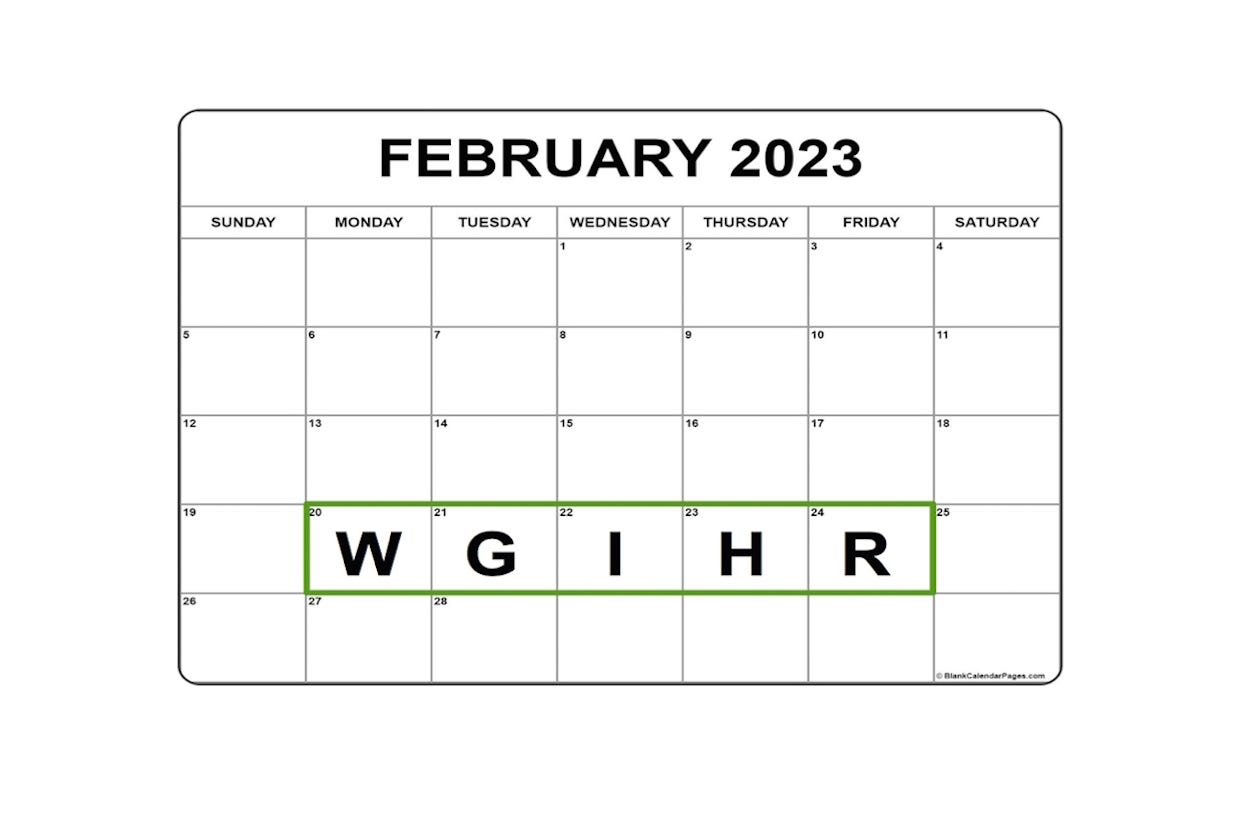
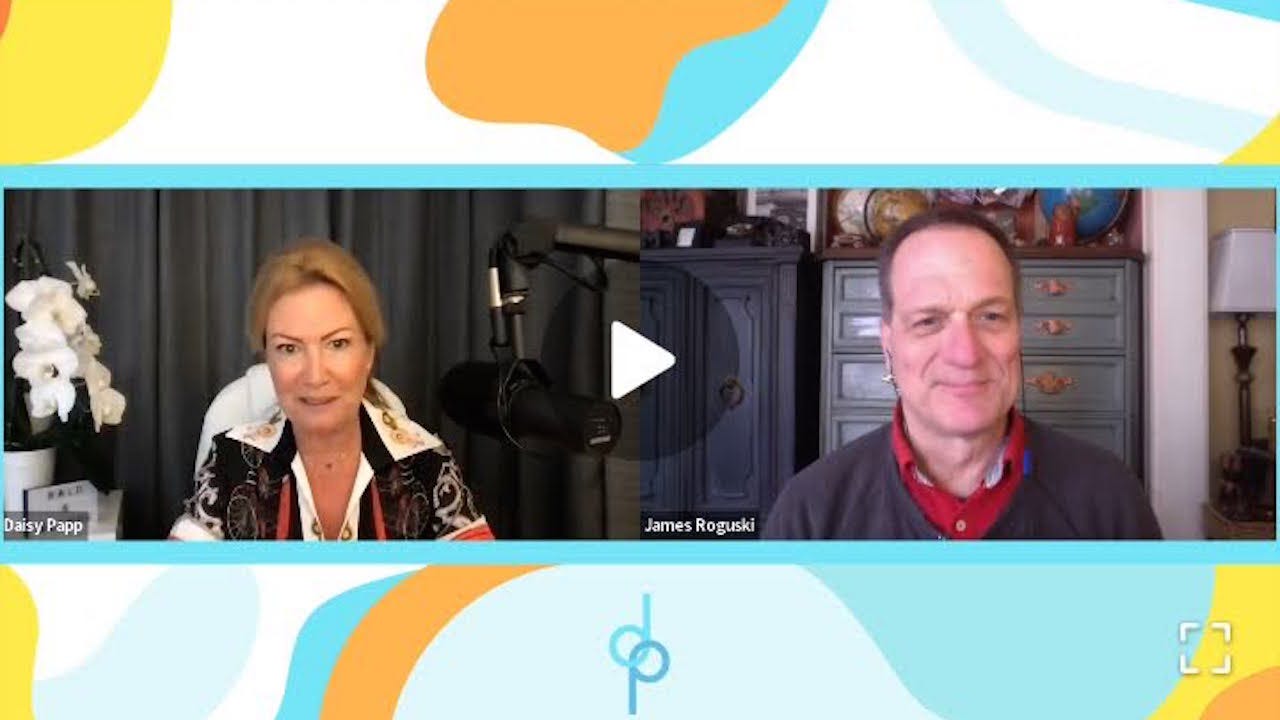
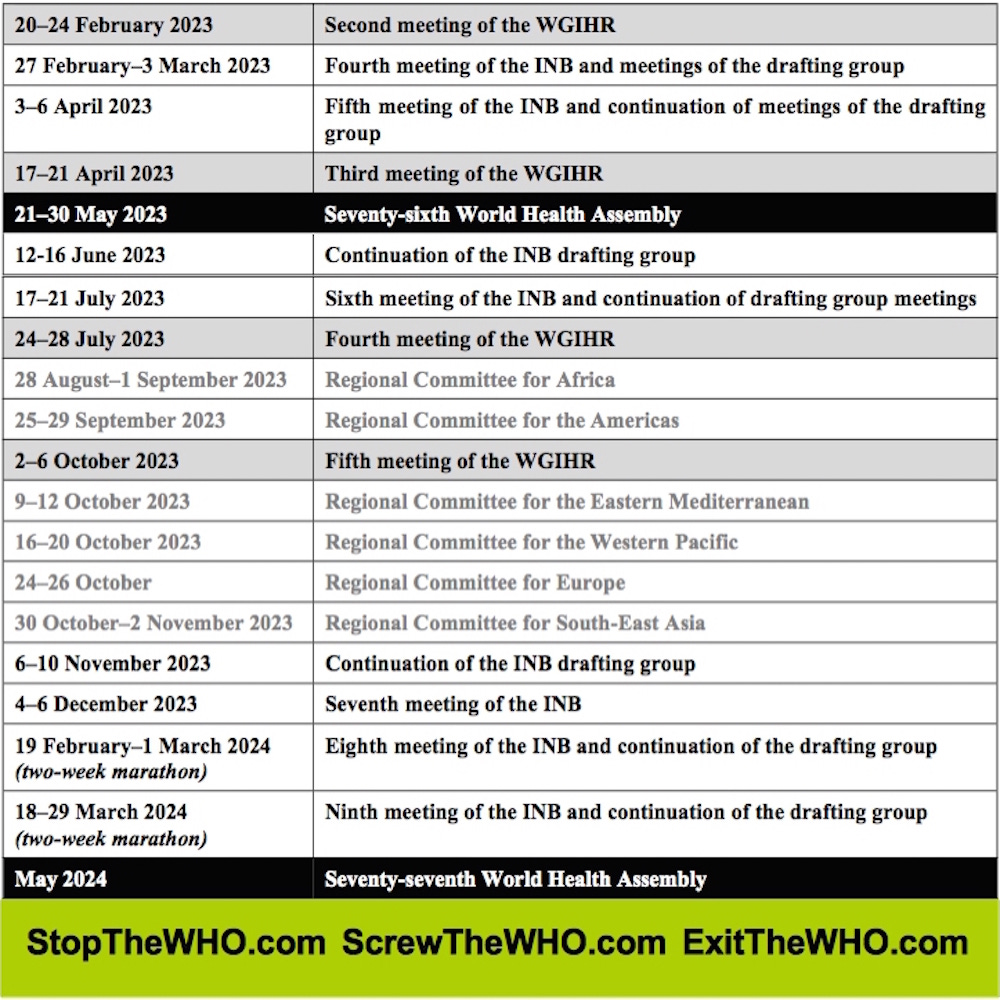

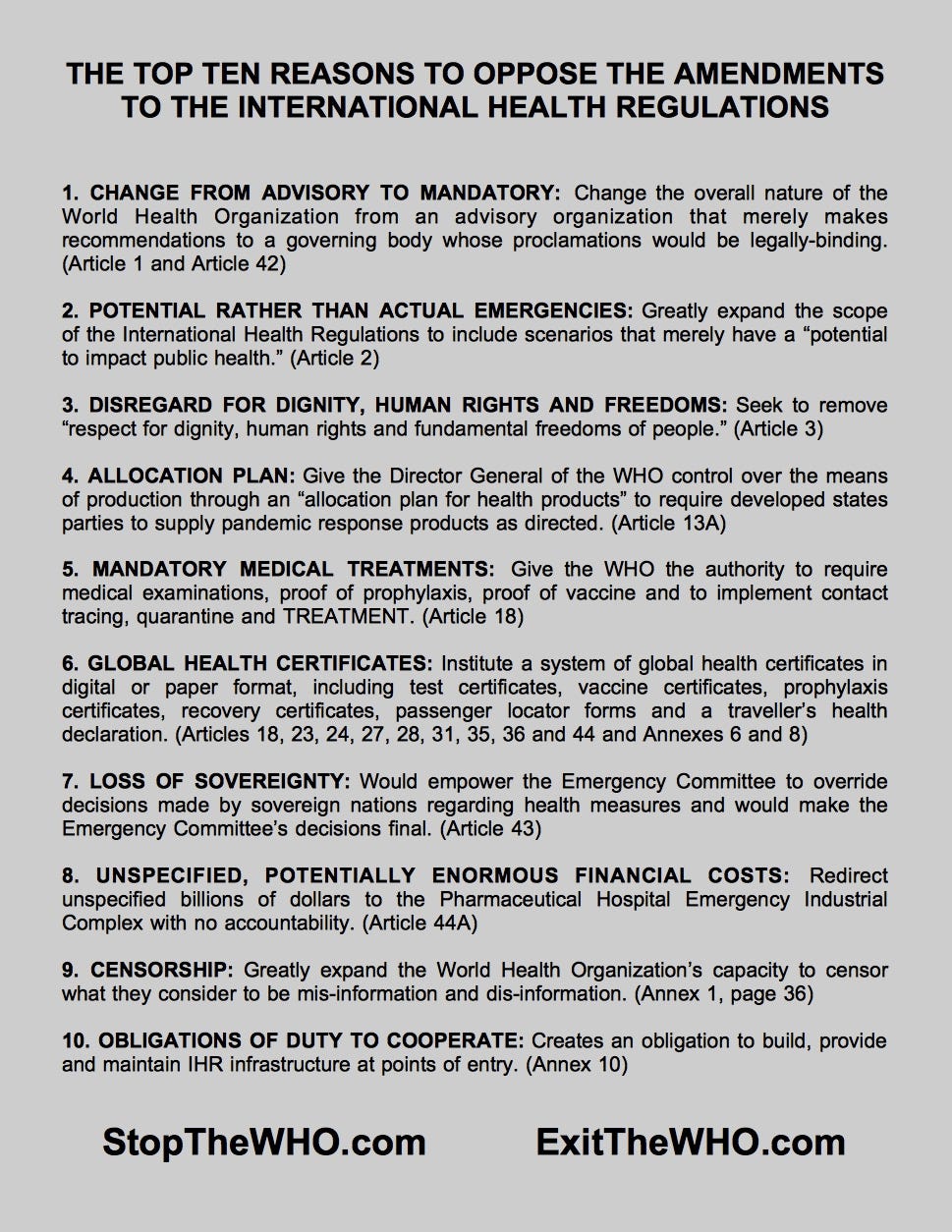






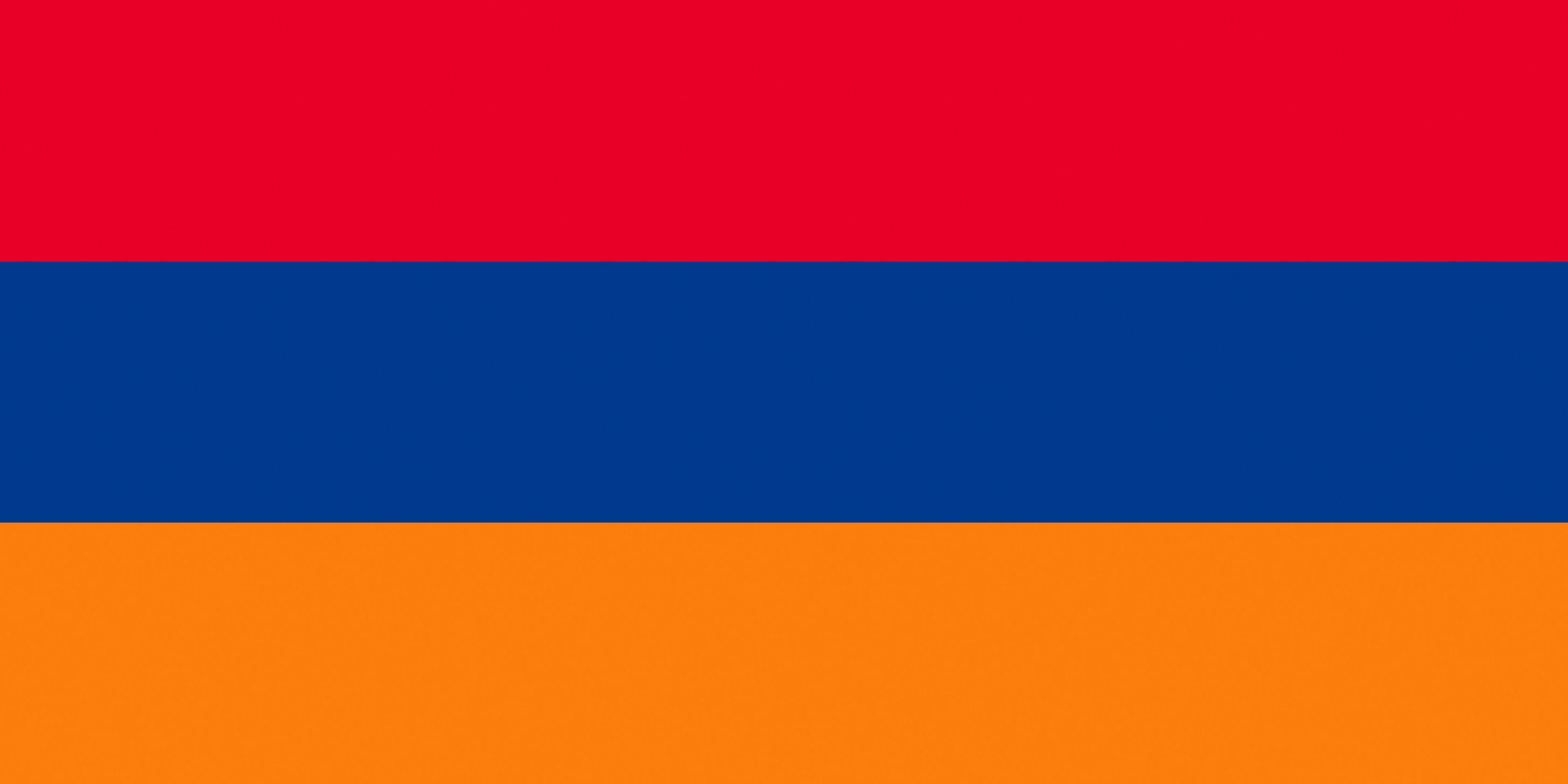

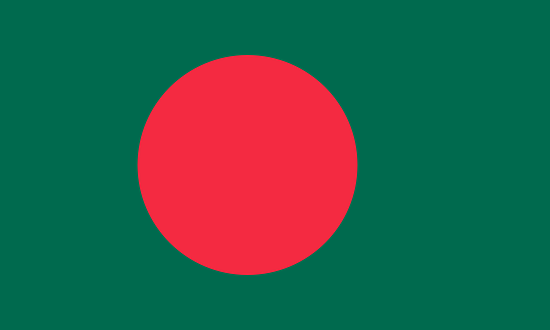




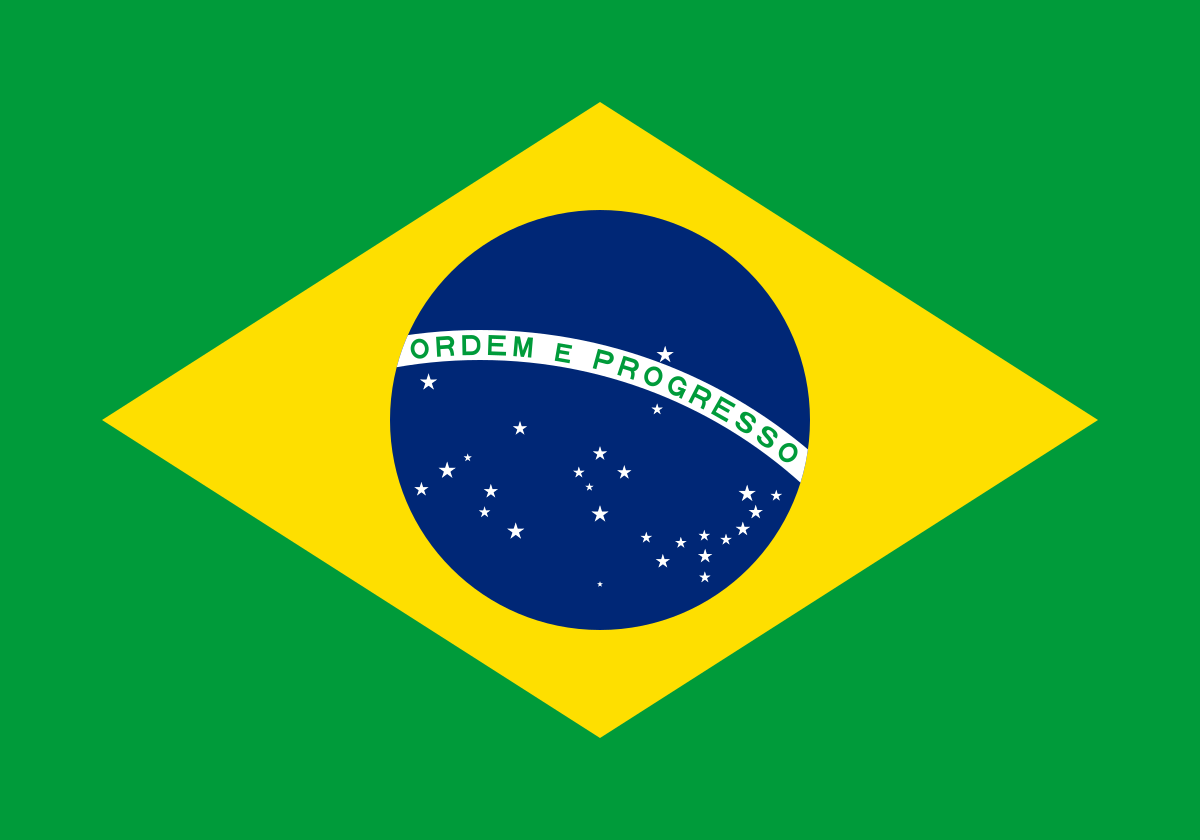

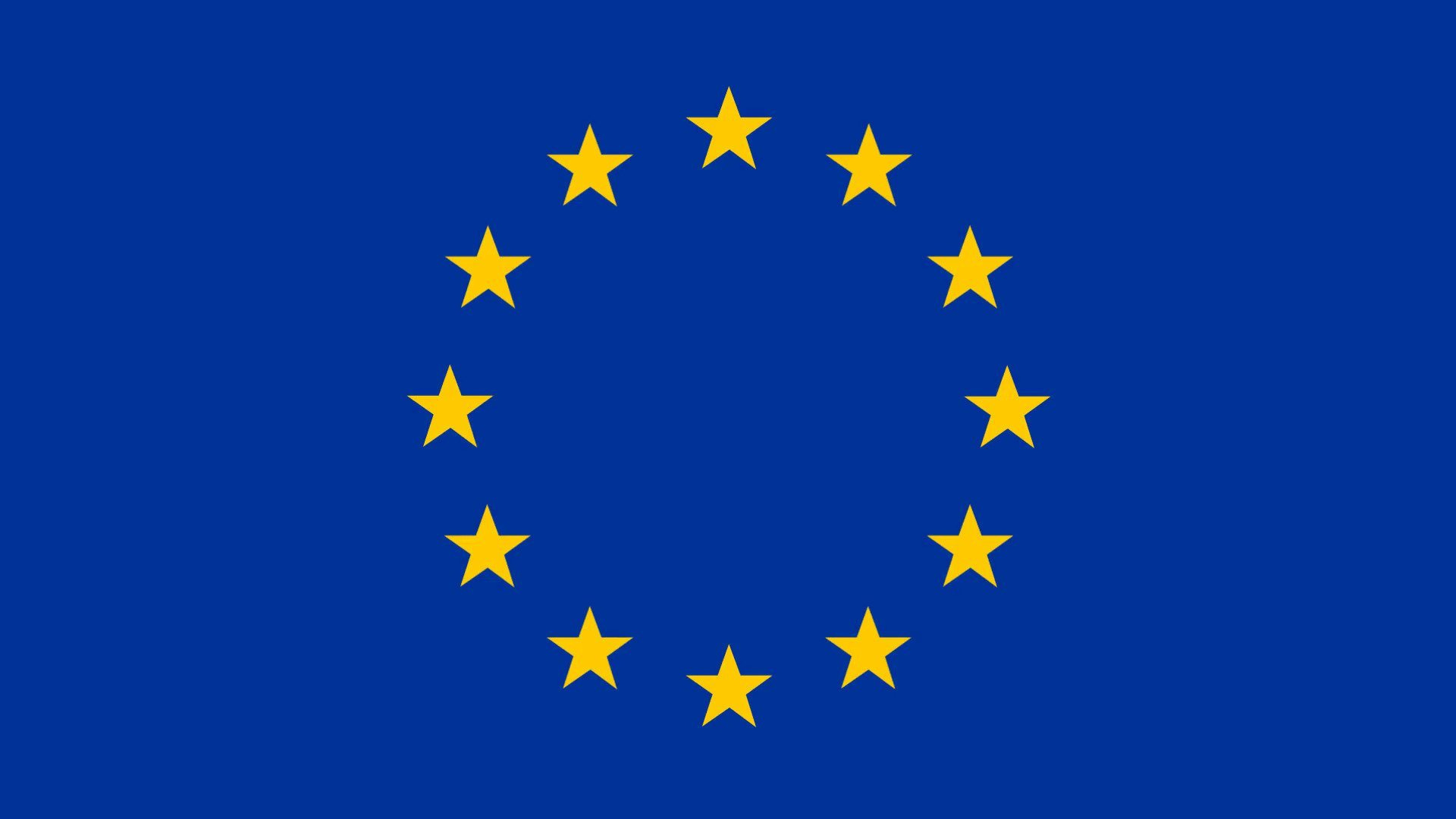









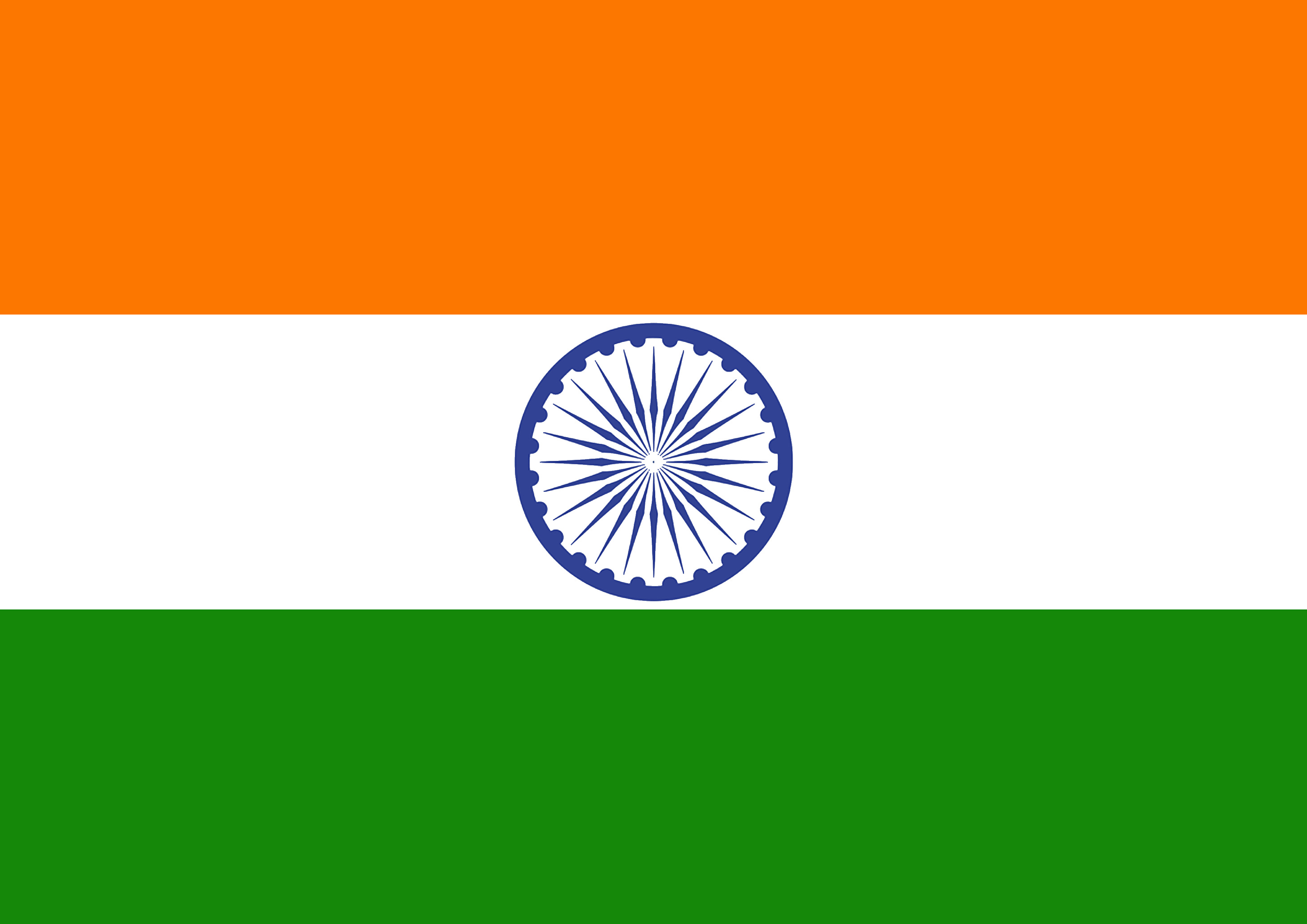


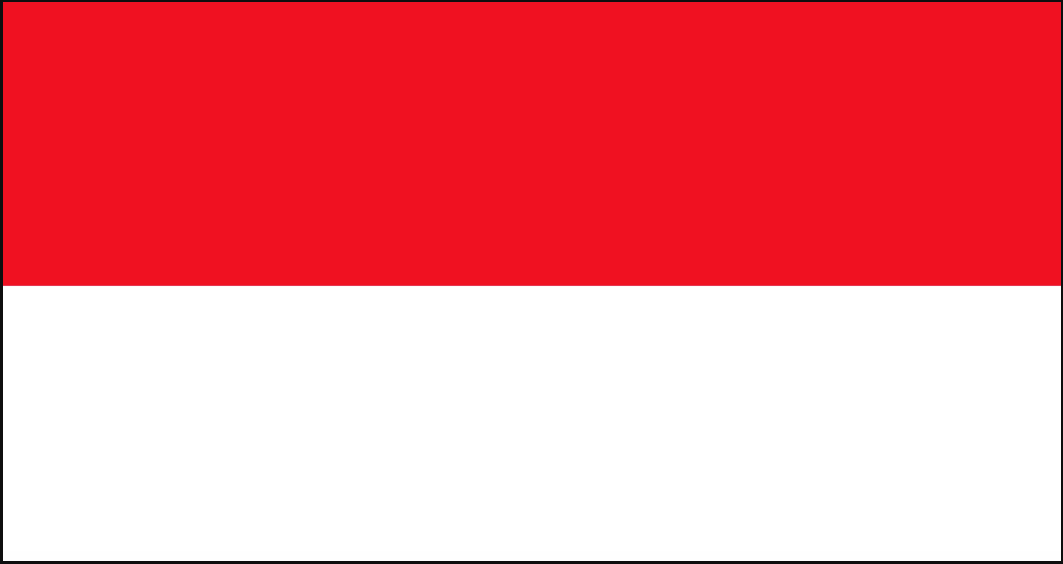

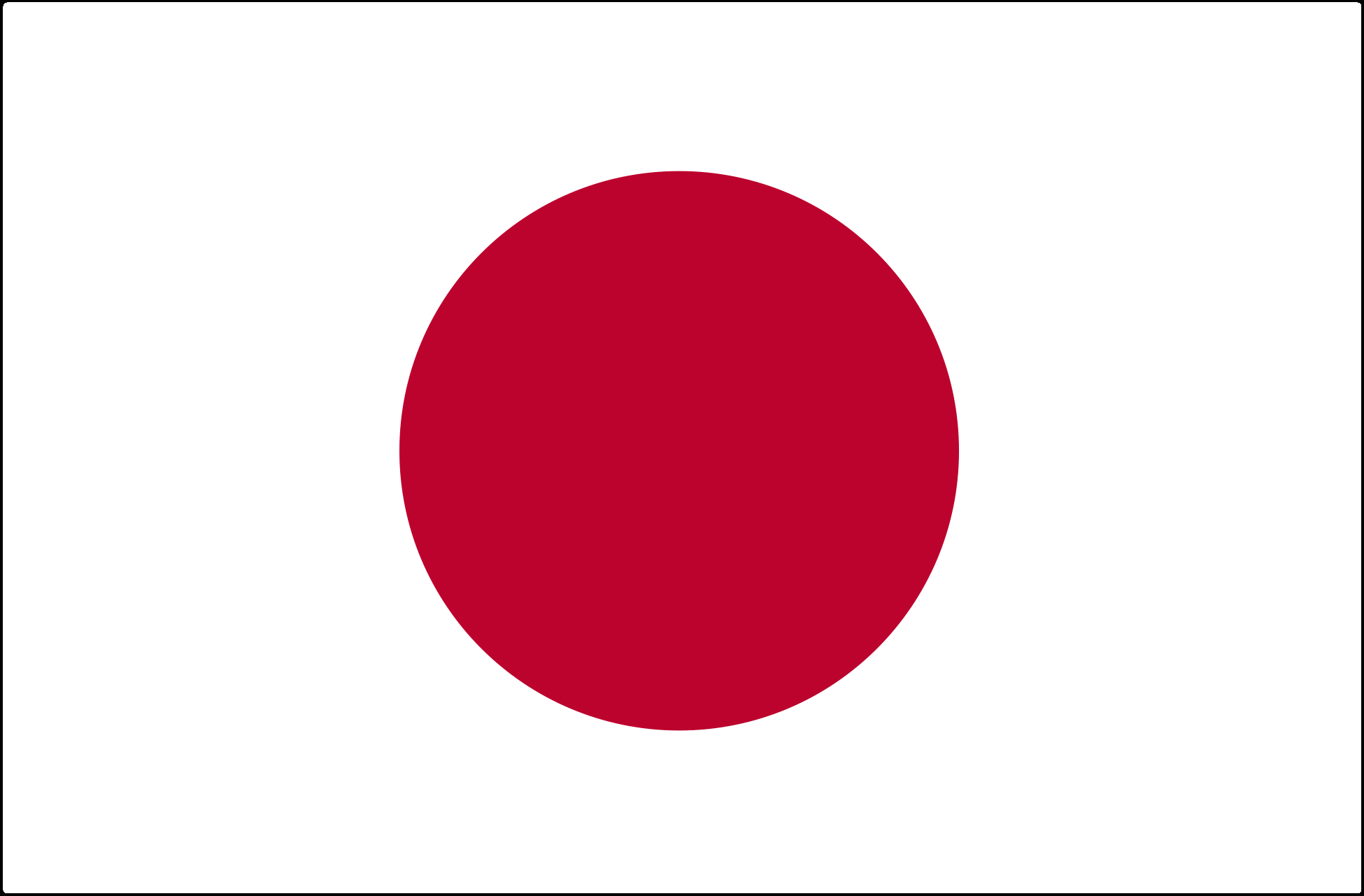

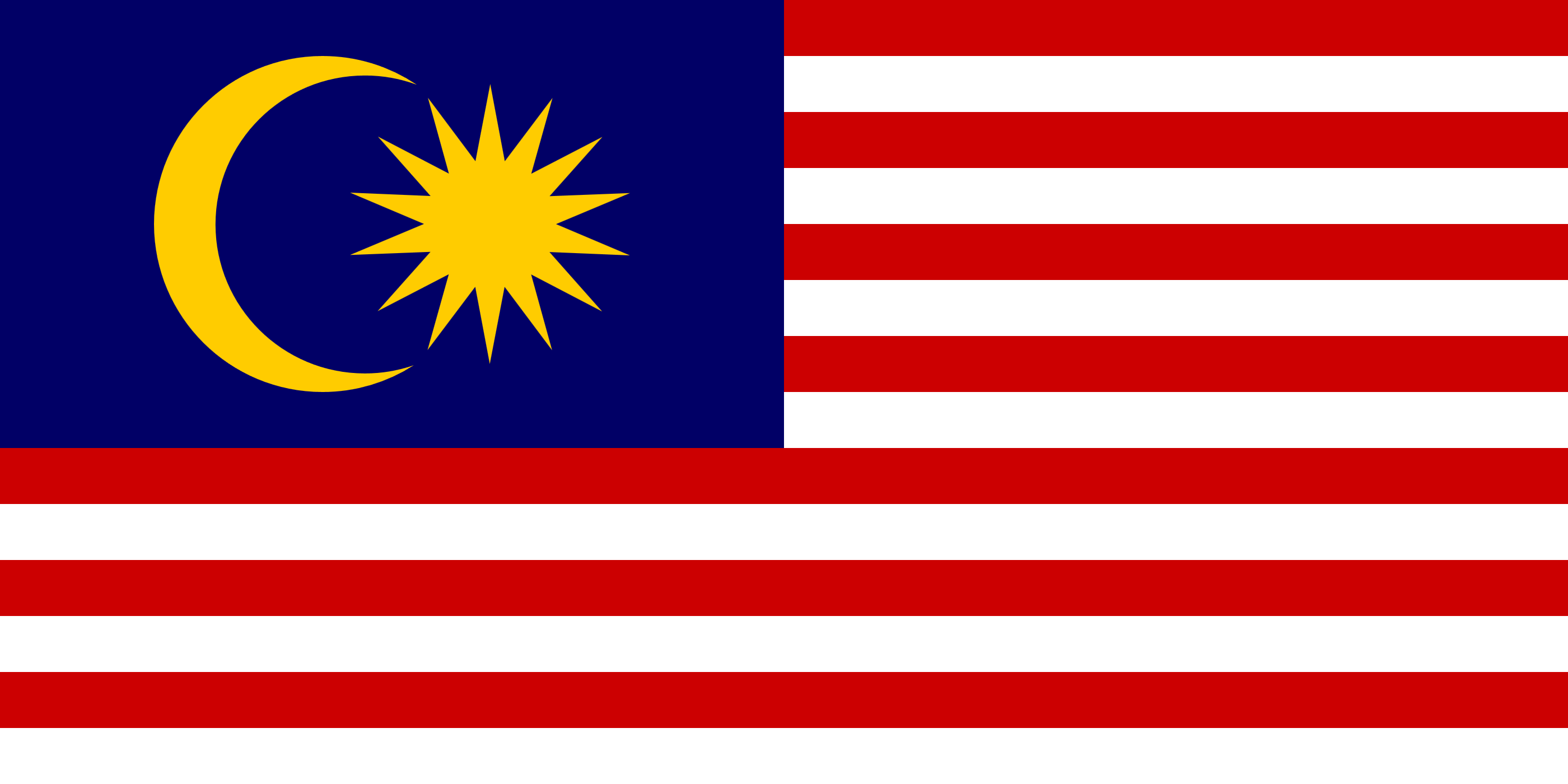


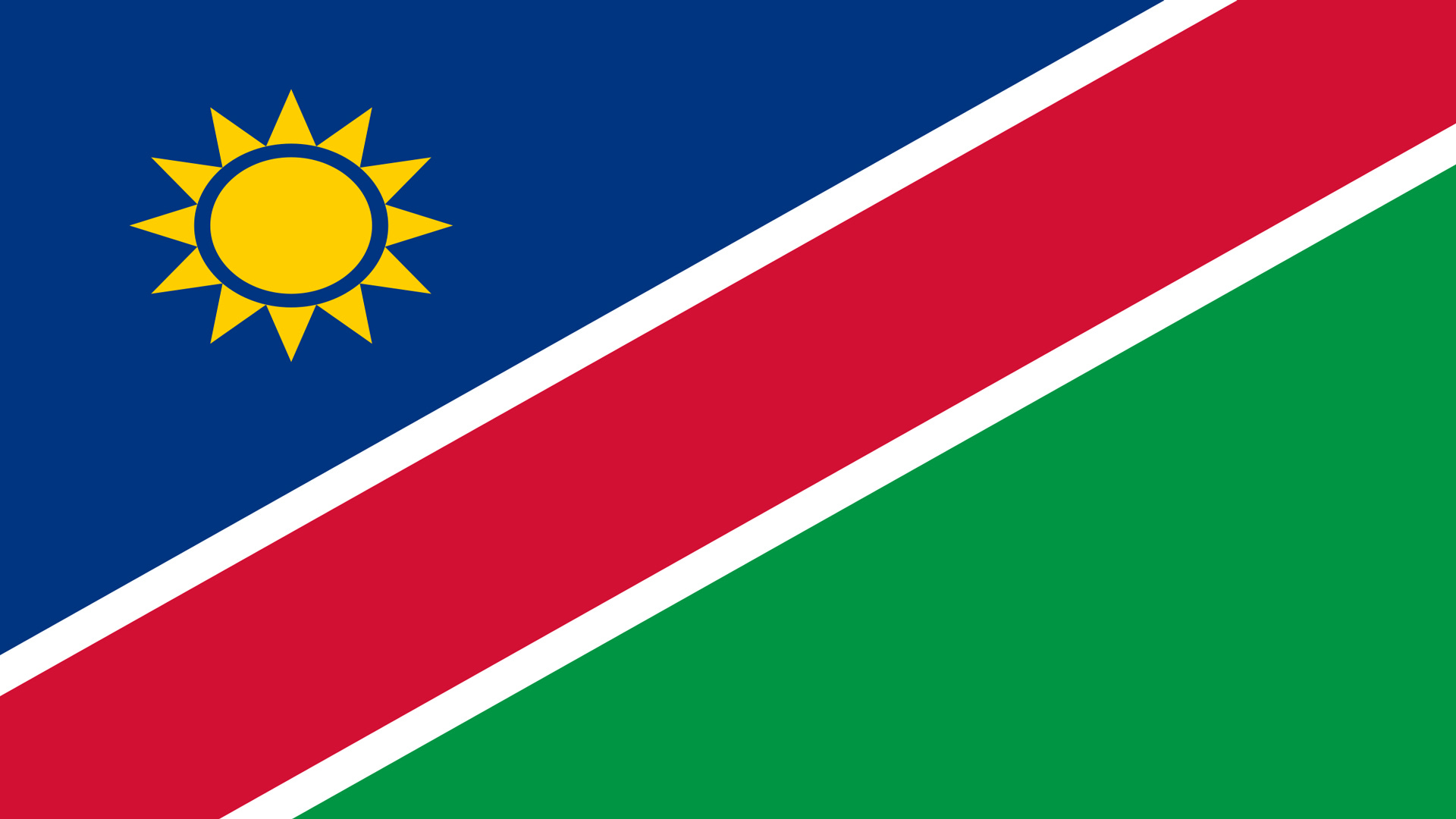



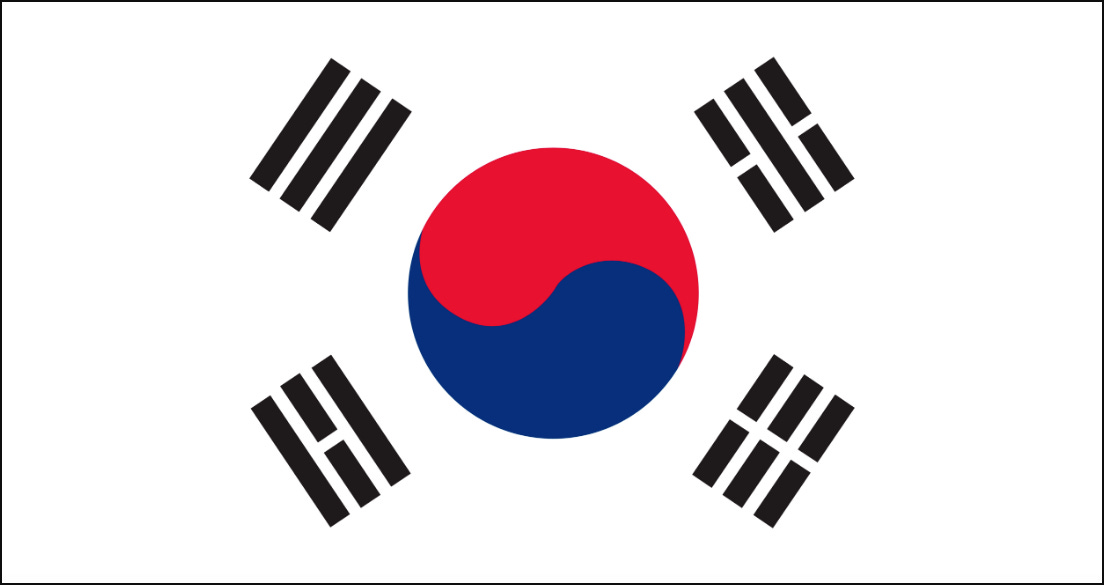



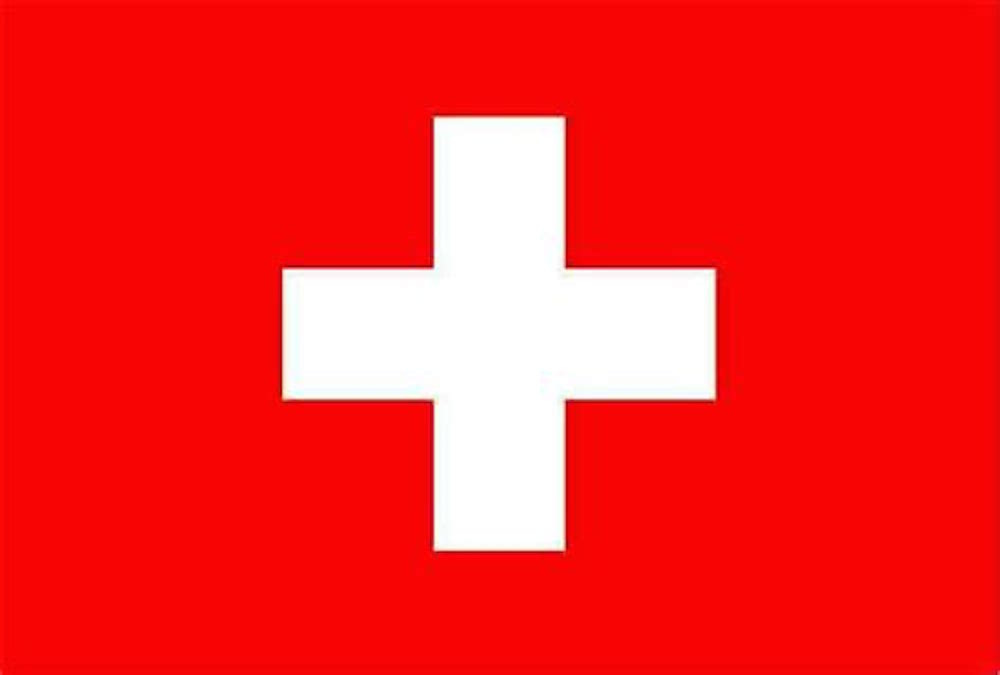

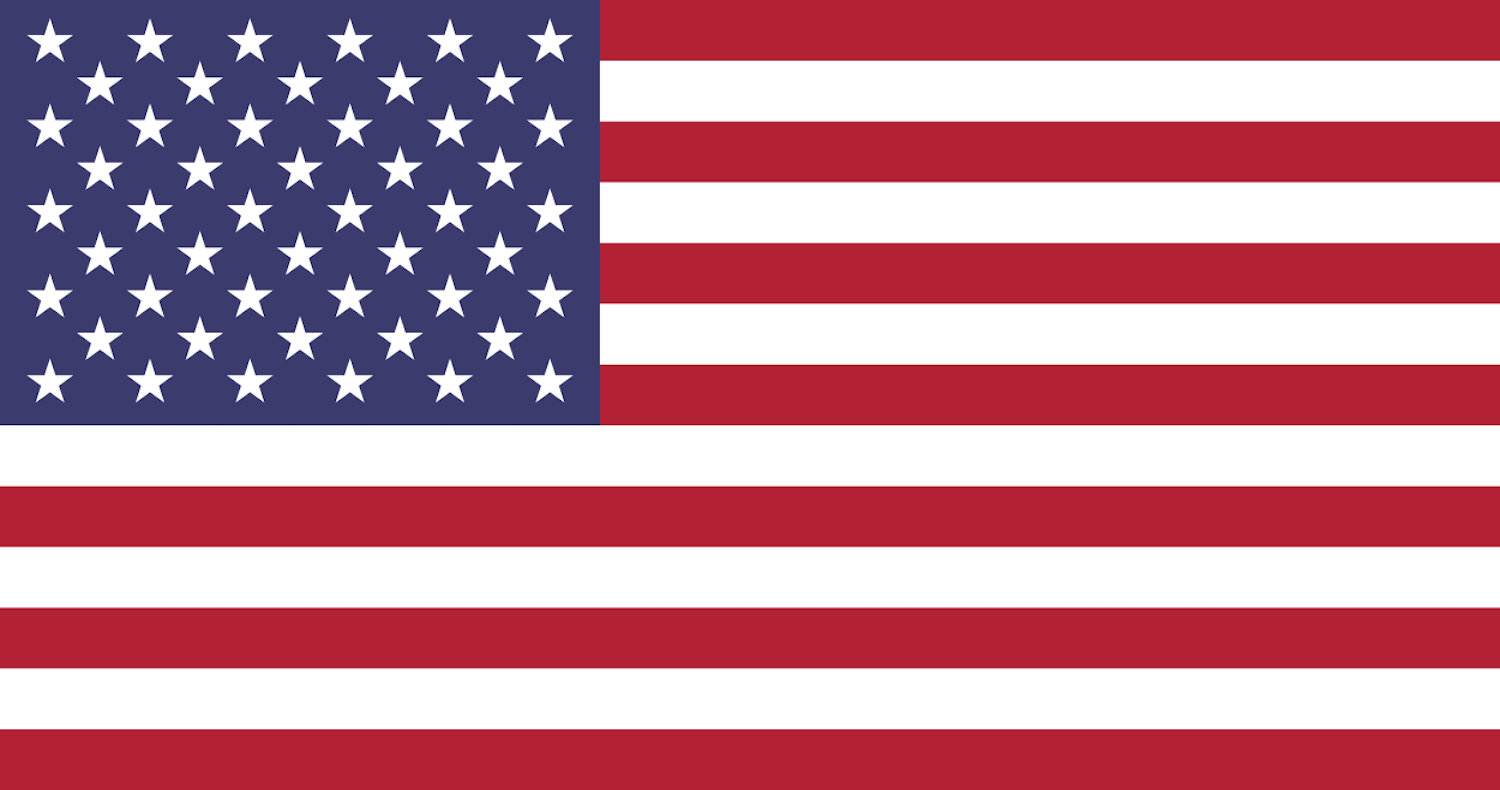

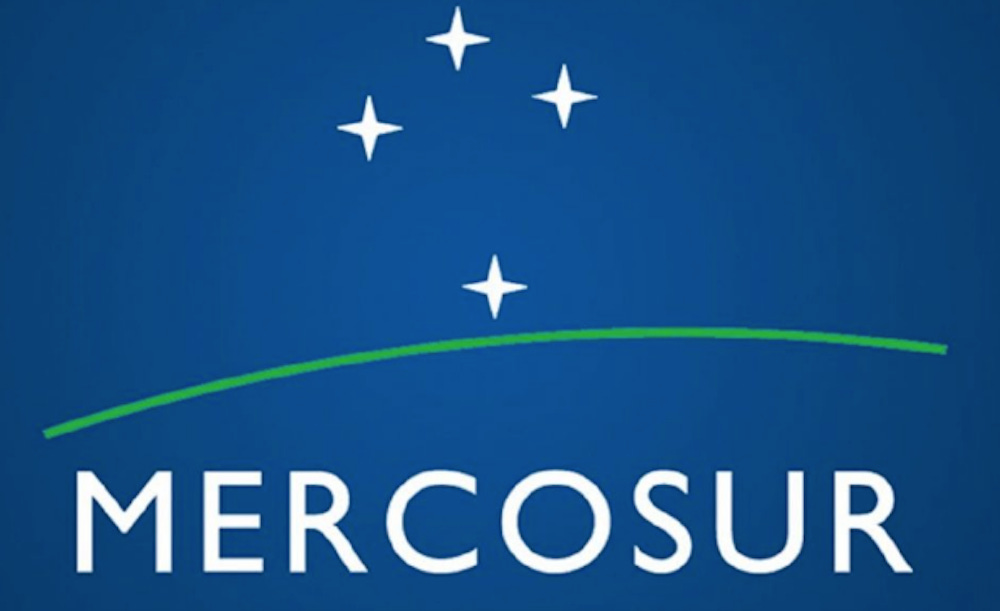


No comments:
Post a Comment